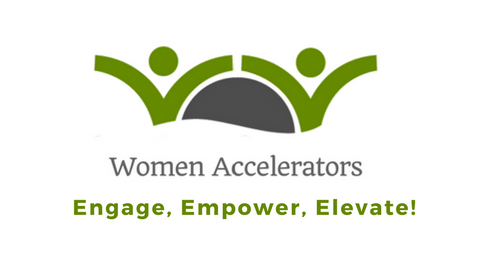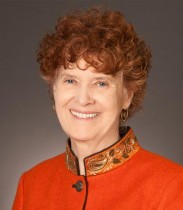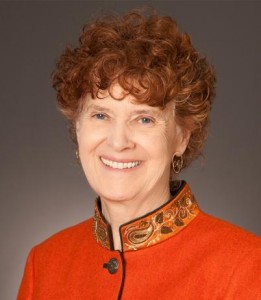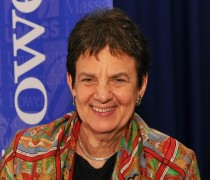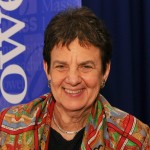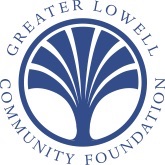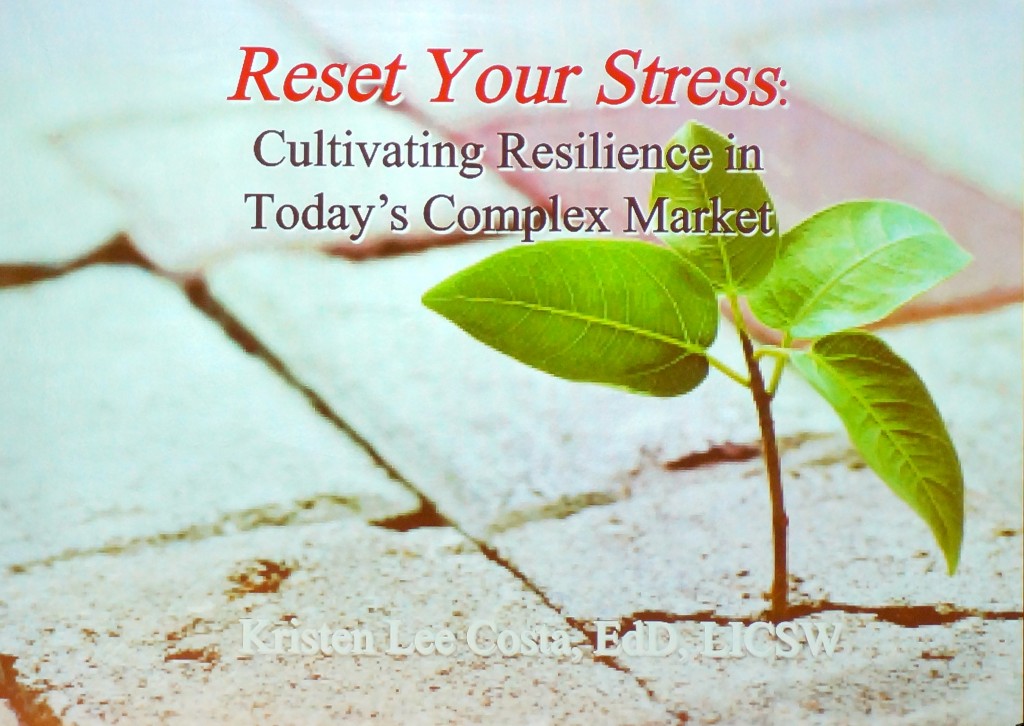
Dr. Kris has been a clinical practitioner for over 20 years. In that time, she noticed that people would come to her only at a point of crisis, particularly when they were “oversaturated with stress.” From her practice and experiences working with her patients, she gained insight into how various institutions affect well-being and physical health; these insights prompted the question “how do we sustain ourselves through complexity?” Various online resources will provide what she referred to as a “cookie-cutter” solution, such as “Five Easy Steps to De-Stress Your Life.” While a quick solution such as this might provide immediate respite, the solution doesn’t provide a sustainable, renewable method of dealing with stress and complexity. Moreover, every individual regards and handles stress differently, so a one-size-fits-all option is not a viable solution. Enter “RESET,” Dr. Kris’ method of self-care. Simply stated, Dr. Kris’ RESET method of self-care builds upon introspection and helps you to carve out a space that enables you to engage in a productive self-care strategy; importantly, this method can be tailored, modified, and adapted to the individual and their needs.
Our event started with a discussion on the definition of “Resilience.” Many incisive contributions came from the interactive audience and Dr. Kris added a new facet to the term that resounded with the audience: resilience is a process that “helps us to adapt.” Resilience is paramount in not only surviving, but also thriving, while navigating through complexity. One example of complexity that was discussed at length—and both women and men in the audience could identify with—was what Dr. Kris referred to as “Institutionalized –isms.” Examples of these inimical “-isms” are racism, sexism, culturalism, ageism, and manifest in the way we respond to the people’s perceptions of us based on their biases and attitudes. The RESET method helps one to become cognizant of the “isms” at play, to adapt within the complexity, and avoid frustration while maintaining the ability to navigate this complexity.
How does one cultivate resilience? How does one cultivate strength and the ability to bounce back? A cookie-cutter approach to dealing with stress is to “squash it,” but this doesn’t truly eliminate it. In fact, this cookie-cutter approach, as Dr. Kris suggested, might actually perpetuate stress. One component to Dr. Kris’ approach to dealing with stress is to recontextualize it. Instead of viewing stress as a wholly negative or antipathetic entity, realize that it can be a powerful teacher that can help cultivate resilience. Change and flux are part of the human condition and natural occurrences in life, and may occur more frequently in the lives of those who enjoy challenging themselves, are driven, and self-motivated. In this context, stress can be a “sign of conscientiousness” (e.g., you worry about doing your job well because you care about doing your job well), and can provide new perspectives and growth that the aforementioned “squashing” would’ve otherwise precluded. Harnessing stress in a new way helps you build “emotional muscle” that strengthens your inner grit and resilience, and ability to be self-sustainable. While the concept of harnessing stress seems paradoxical and counterintuitive to self-sustainability, understanding the context of the stress, knowing the change you can effect within it, and having a personalized RESET method enables you to harness stress, learn, and grow in a self-sustainable way (be sure to read more on this topic, specifically “natural stress” versus anxiety, in Dr, Kris’ book “RESET: Make the Most of Your Stress, Your 24-7 Plan for Well-Being”).
A key component to maintaining your resilience and self-care is “Emotional First Aid.” Dr. Kris states that emotional first aid is the preventative [self-]care that “helps avoid disaster”—don’t neglect yourself! Proper “emotional hygiene” allows you to become efficient and prevent burnout. The RESET method teaches you proper emotional hygiene through time management to find spaces for self-care.
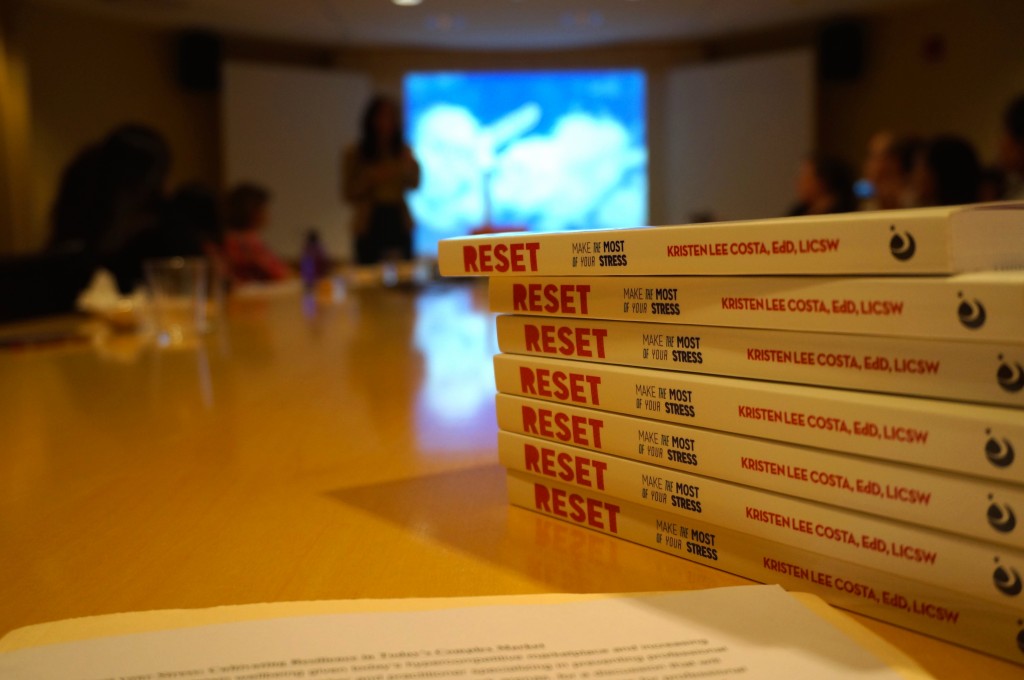
So what is this RESET method? Without giving too much away (I highly recommend you read the book—it has changed my life profoundly for the better!), RESET is
Realize
Energize
Soothe
End unproductive thinking
Talk it out
Realize
Oftentimes stress triggers a raw, visceral reaction, or the “primary appraisal.” Trying to problem-solve or make sense of things in this stage is dangerous because thinking patterns often lead to self-sabotage and intense frustration. In this stage, Dr. Kris urges you to be cognizant of the primary appraisal stage and to not let its effects affect you. After waiting it out, you enter the “secondary appraisal” stage that allows you to get a sense of the resources available to you, to avail yourself to these resources so that you can lean on them, learn from them, and gather more information. This allows you to build better behavioral and thought patterns and harness the stress in a new and productive way. Furthermore, this process is important for those with Impostor syndrome, which is prevalent amongst high-achieving women. For those with Impostor syndrome, bolstering your appraisal process is key in realizing your value and resources at hand.
Energize
Mind-body wellness is important. Movement of the body affects your ability to reason and process, your mood, and memory. Movement can also help bring anxiety down to a normal level. Also, sleep is necessary, as it provides the body with an opportunity for recalibration. Sleep-deprivation has serious consequences and the RESET method helps you to be more efficient so that you can carve out time for sleep. In addition to moving and sleeping regularly, nutritional value is important, as the body needs to receive “the right signals and messages” from what you consume.
Soothe
Our generation is the first to die faster from “lifestyle diseases” than from communicable/infectious diseases. This is why energizing our bodies and giving them a chance to recalibrate, and knowing how to soothe our bodies properly are absolutely essential to our self-care. Soothing can be as easy as taking a walk, unclenching your fists, or smelling the proverbial flowers. Maladaptive soothing, such as participating in impulsive or destructive behaviors, can occur and it does not help the body recalibrate.
End unproductive thinking
Dr. Kris discussed “rumination,” a term she described as “a negative emotional state where we chew on fixed thoughts or ideations and keep chewing on them.” Rumination robs us of opportunities for productive thinking and ultimately depletes us. Recognizing when rumination occurs and setting boundaries and limits to it is important in self-care.
Talk it out
Becoming overwhelmed by stress and participating in counterproductive processes like rumination can leave us feeling lonely and isolated. Oftentimes in isolation, negativity is suppressed, which causes it to fester. Talking it out involves finding a community of like-minded, supportive people, people that “get you,” and mentors that you are comfortable conversing with, being inquisitive and learning from. Naysayers and “dream bashers” will always be out there, so finding a community that bolsters you is an important part of self-care and defeating negative habits and thought processes.
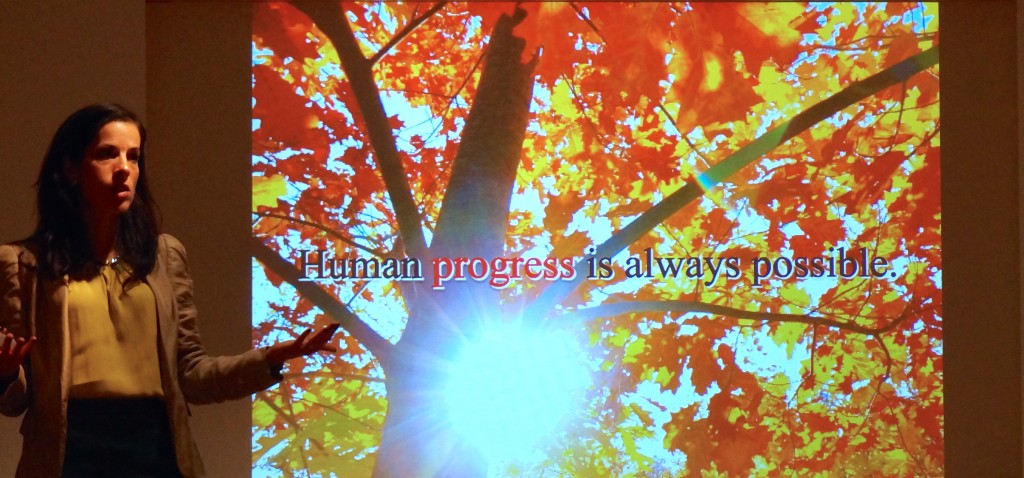
The RESET method empowers you in a very unique and edifying way. As Dr. Kris stated, it gives you “permission to say ‘when we struggle, we can find resources, and connect in thoughtful ways, rather than depleting ourselves and burning out.’”
The event was simply amazing. Dr. Kris is a gifted speaker and an empowering, motivational, and genuine woman. It was a pleasure to host her and a privilege to learn from her. I think it’s safe to say that everyone in the audience left inspired, empowered, and equipped to RESET and successfully navigate all complexity!

